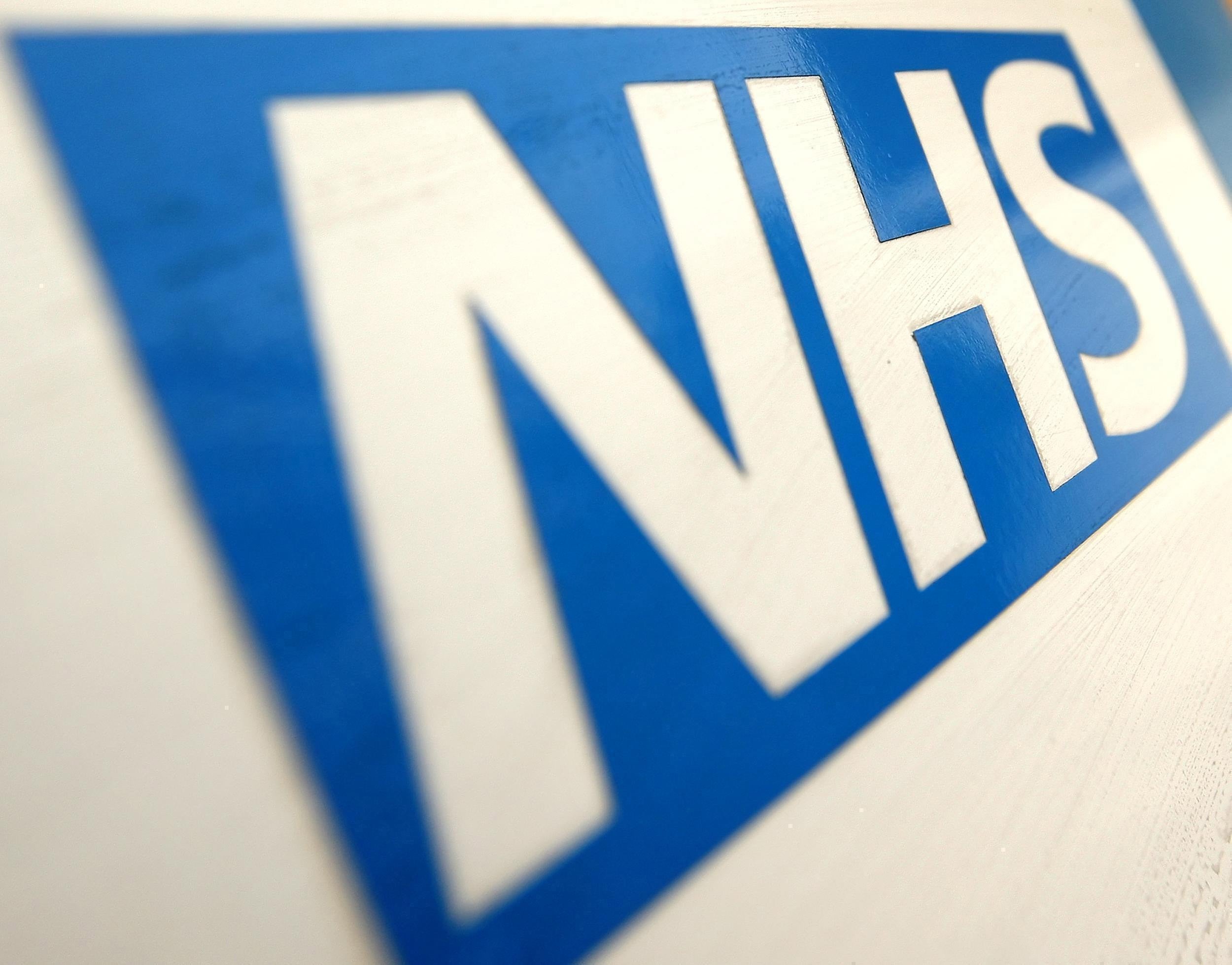Politicians are using the NHS as a political football
The cross party Commons healthcare debate on Thursday must look beyond short-term political gains and focus on long-term funding for the safety and wellbeing of patients and staff

Your support helps us to tell the story
From reproductive rights to climate change to Big Tech, The Independent is on the ground when the story is developing. Whether it's investigating the financials of Elon Musk's pro-Trump PAC or producing our latest documentary, 'The A Word', which shines a light on the American women fighting for reproductive rights, we know how important it is to parse out the facts from the messaging.
At such a critical moment in US history, we need reporters on the ground. Your donation allows us to keep sending journalists to speak to both sides of the story.
The Independent is trusted by Americans across the entire political spectrum. And unlike many other quality news outlets, we choose not to lock Americans out of our reporting and analysis with paywalls. We believe quality journalism should be available to everyone, paid for by those who can afford it.
Your support makes all the difference.Today the Commons will debate the need for a long-term consensus on safely funding and staffing health and social care into the next decade. As a doctor, I welcome this news with open arms; every day I see the enduring effects of short-term political stunts on my patients.
Hospitals bursting at the seams are told desperately needed nurses will only be available if there is ‘surplus winter funding’. Patients ready to leave hospitals wait weeks for exceptional funds to secure accommodation, leading to a 12 per cent rise in delayed hospital stays.
BMA Chair Dr Mark Porter last year cautioned: ‘A combination of rising patient demand, staff shortages and falling funding is undermining the very foundations of the NHS, as is the constant short-term interference from politicians of all colours.’
What better example of rash policy than the Conservatives’ pledge to deliver a seven day NHS - oscillating between being for all routine care to emergencies only - a difference worth billions. Trying to achieve this reckless pledge led to threats of an unfeasible contract and resulted in junior doctors, fearing the implication for their patients’ safety, going on an unprecedented strike.
And safety is something valued by every patient.
Take Cassandra, a 30 year old whose severe asthma often leaves her hospitalised.
She said: ‘As a patient, your first thought isn't always about what things cost, but you do start to realise a shortfall has a knock-on effect on everything. It affects what drugs the NHS can afford - and I know some very effective asthma drugs are very expensive, even when balanced against reduced costs elsewhere like hospital admissions. Better funding could mean I could have these drugs.’
She also worries about the current staffing shortfalls: ‘I'd like there to be enough staff so they aren't constantly rushed off their feet. I hate to think of how serious a mistake someone in a hospital could make if they're too tired to think straight.’
We must generate a strong political will to genuinely fund and staff healthcare over a decade, before the fast pace of social care and public health cuts make this impossible.
Last April the Health Secretary promised consensus, albeit with ‘some terms and conditions’. He has already said he cannot back down from his near-impossible seven-day NHS electoral promises - so why ignore his pledge for cross-party work?
Dr Mohsin Khan is an NHS psychiatrist. He is co-founder and Chief Policy Officer of NHS Survival.
Join our commenting forum
Join thought-provoking conversations, follow other Independent readers and see their replies
Comments